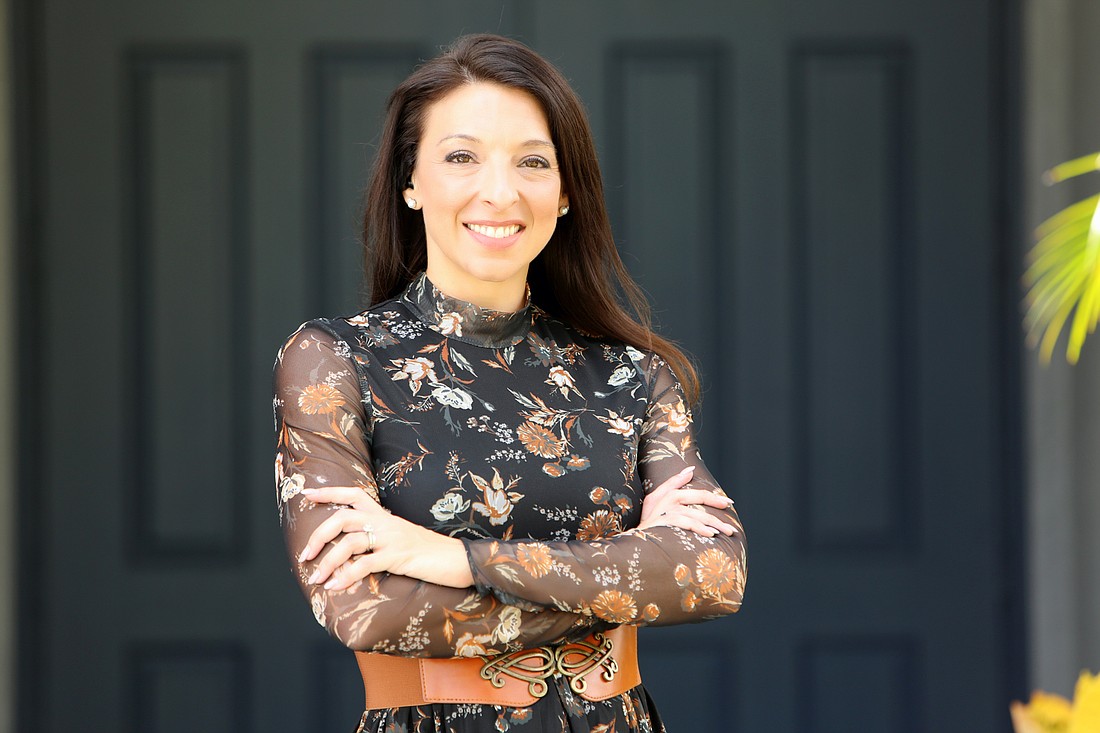- February 16, 2026
-
-
Loading

Loading

There are accidental entrepreneurs, and then there’s Erika Donalds: She’s an accidental charter school champion — an advocate for Florida parents and business leaders who seek an alternative to traditional public schools.